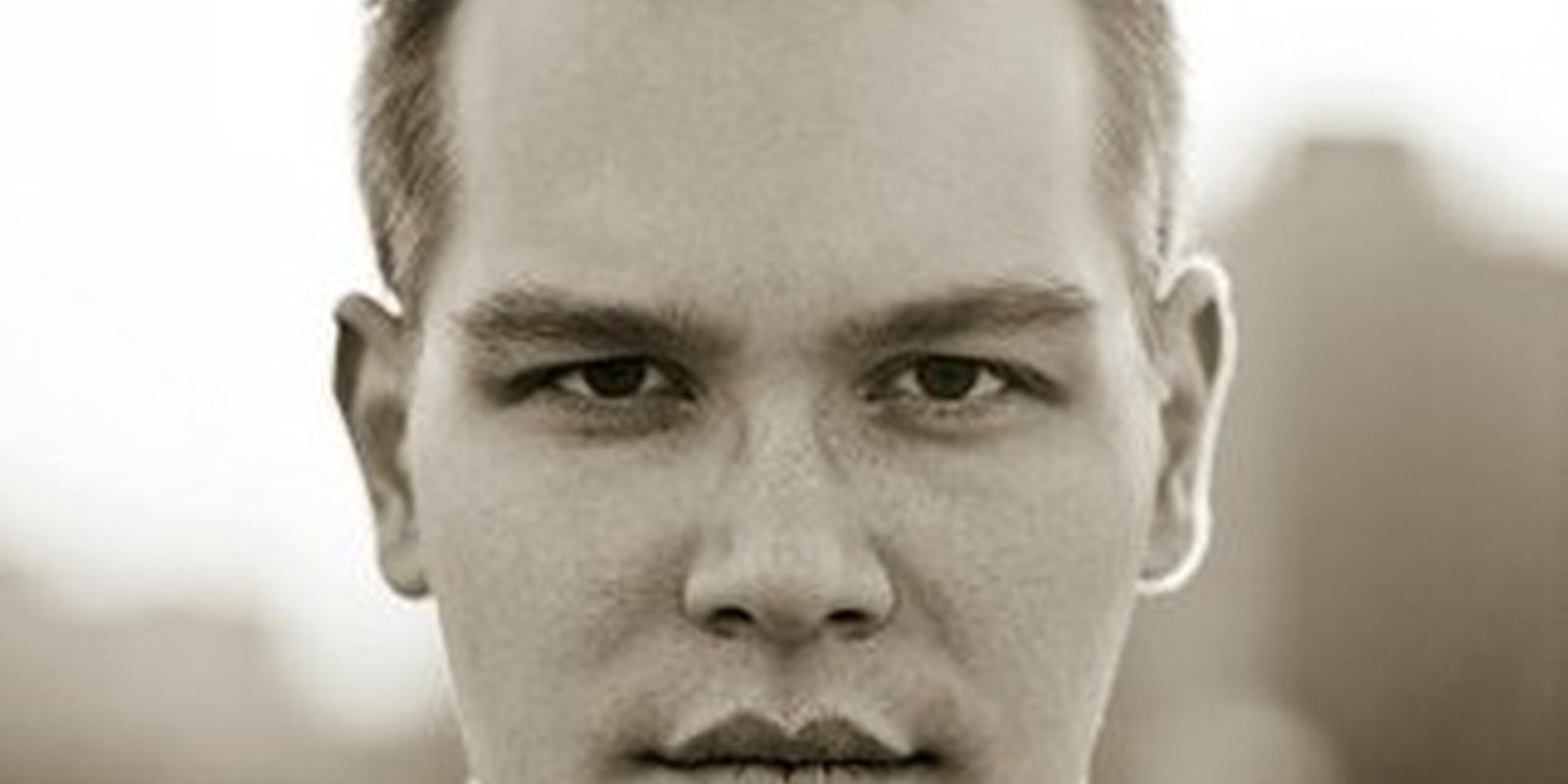Hidden below the glossy surface of the Internet lies an illegal market for child pornography, professional assassin services, and drugs—a seedy realm where digital Bitcoins are prefered method of payment and complex routing systems like Tor mask users’ identities.
But for all the murkiness of the so-called deep Web, where much of this activity takes place, there are numerous arguments for people retaining privacy online.
“It would be great to have a manifesto, especially right now—in the wake of the anti-SOPA, PIPA, ACTA movement—to codify why anonymity is important and why it’s worth fighting for,” Cole Stryker, an acclaimed media consultant, told the Daily Dot.
In fact, his new book, Hacking the Future: Privacy, Identity, and Anonymity on the Web, could be seen as that manifesto.
The 28-year-old author makes a compelling case for anonymity (and pseudonymity) using dozens of real-life case studies: A rape victim seeking support while not wanting anyone from her social circle to read the details of her ordeal; a middle-aged man who’s into collecting dolls and doesn’t want his coworkers to know; a woman looking for a new job without wanting her current boss to find out.
Of course, Stryker knows first hand the potential danger of having your identity revealed online. After publishing his last book, Epic Win for Anonymous: How 4chan’s Army Conquered the Web, members of the rogue federation of hackers tied his real name to his home address and contacted members of his family with “idle threats.”
Accountability isn’t the only reason corporate interests are pushing for online identification. Companies like Facebook and Google track users’ activity online to help create more targeted ads, triggered by their Web history and keywords used.
Stryker contends, however, that pseudonyms can encourage people to “be more honest when we’re afraid to be so otherwise.”
“Some redditors, using throwaway accounts are brutally honest,” he said, referencing the name for users of social news site Reddit. “
“The whole point of a throwaway account is that you can say something super honest that you would never say otherwise. Anonymity allows you to be dishonest, but it also allows you to be more honest.”
While he took part in a live question-and-answer session on Reddit using his own name, he actively contributes to the site under a different username to disassociate his years of anonymous comments and submissions about past relationships and his neighborhood to his real identity.
“My pseudonym was more authentically me than my birth name,” Stryker admits in the book. He’s considering a similar approach for a Tumblr blog that’s dedicated to politics.
“I’d never want people who follow me on my personal blog to be exposed to [it],” he told us. “A lot of my followers don’t care about politics, and if I started ranting and raving about politics, they’d unfollow me. There’s a practical reason for [multiple identities].”
Legislating against anonymity simply isn’t a solution. After all, there are always some people who will manage to stay one step ahead of the law and find ways to remain hidden. And anonymity and identity are intrinsically tied to the notion of freedom of expression.
But where does Stryker draw the line? As several people face charges and investigation over tweeted threats to President Barack Obama, I asked him about the monitoring of such comments as they relate to people’s real identities.
“There will always be a place where people can say these things,” he responded. “Whether it’s the deep Web, through Tor, whether it’s whispering in the streets. We can’t completely police everyone’s social life to the point when no-one can say anything horrible like that. I feel it’s within the interests of civilized humanity to pursue everyone who’s saying these things under their own name, who are making actual death threats, to the extent of what the law allows.
“To limit people’s speech to the point where they have to say everything under their real name would be throwing the baby out of the bathwater.”
Photo via @ColeStryker/Twitter


